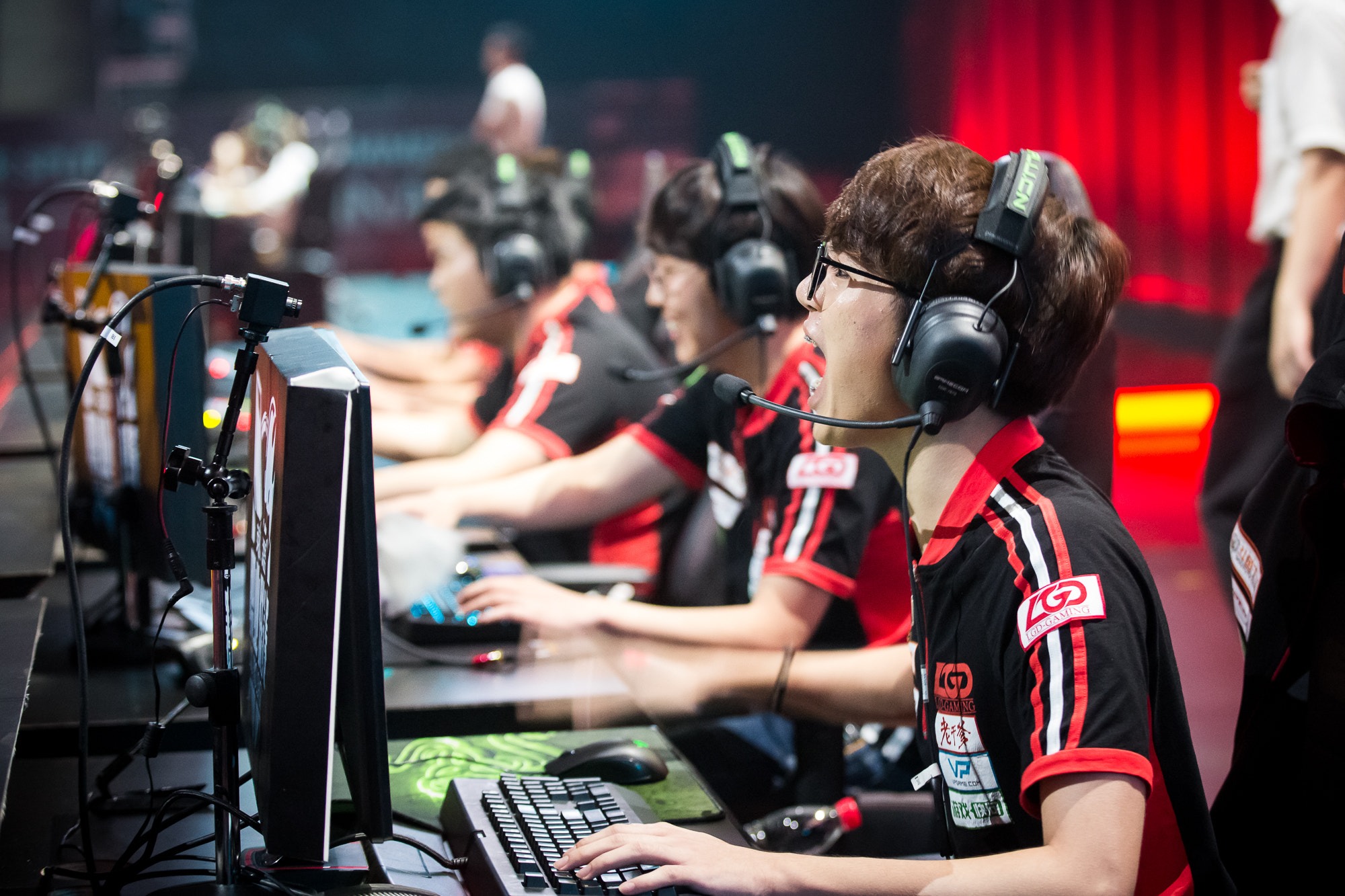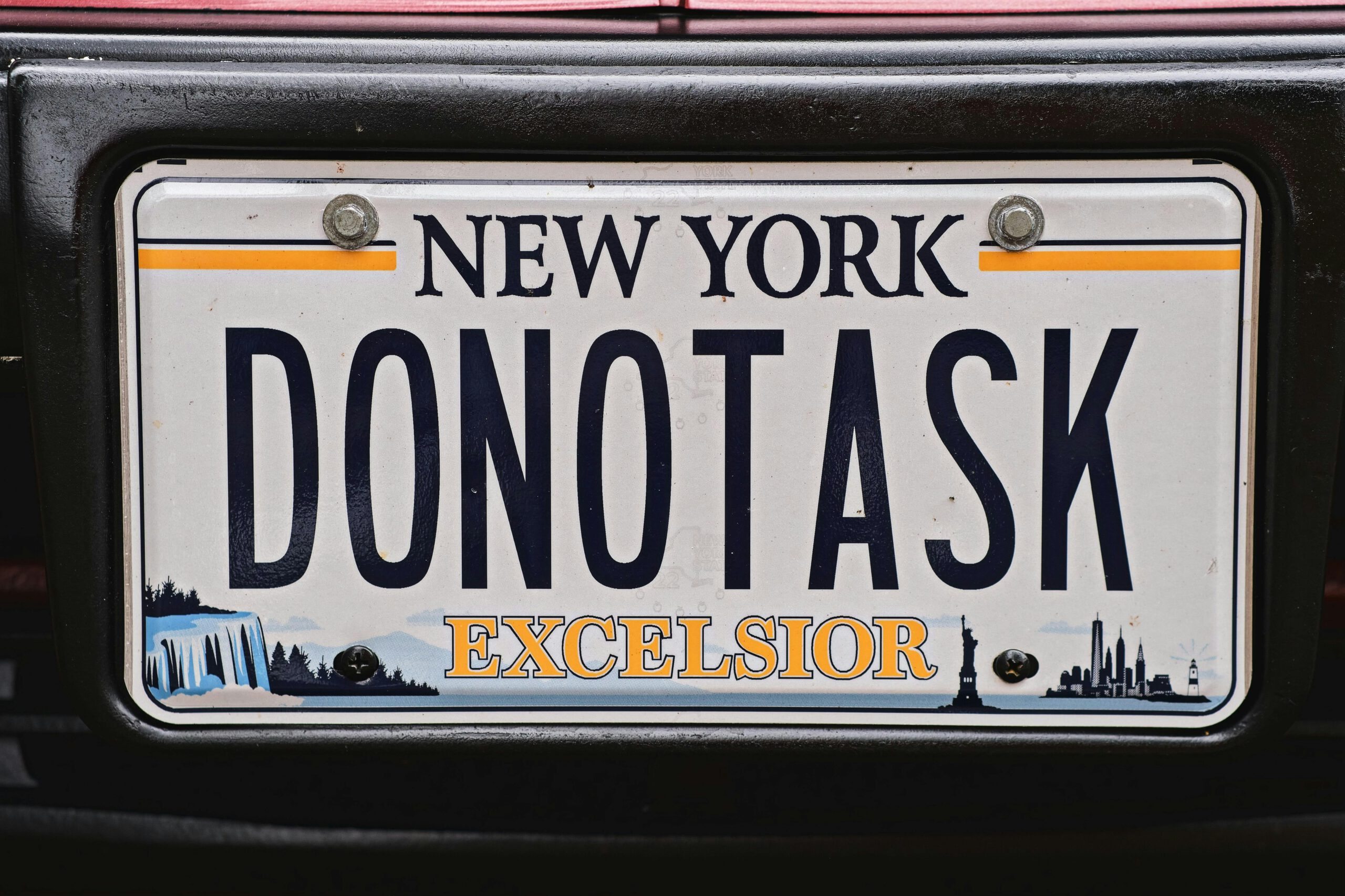Gamers are done being ignored—and the best games deserve better. The Stop Killing Games petition, now backed by over 1.2 million signatures, demands an end to digital vanishings that turn paid titles into worthless icons. If regulators act, this could finally ensure your favorite games stay playable long after release, protecting your library like the legacy it is.
The Victory That Gaming Needed
The numbers speak volumes about gamer frustration. When Ubisoft shut down “The Crew” in 2024, leaving players unable to access their purchased racing game even in single-player mode, it sparked something bigger than typical internet outrage. YouTuber Ross Scott channeled that anger into a proper regulatory petition, and the response has been massive.
Unlike casual Change.org campaigns, this petition carries legal weight. The European Commission must now examine whether publishers should be required to keep purchased games playable after server shutdowns. Similar efforts are gaining momentum in the UK, suggesting this could become a global standard for digital ownership rights.
The Signature Spoofing Problem
Here’s where things get complicated. Ross Scott himself warns, “First off, I want to say that this is not a Change.org petition. This is a government process. Spoofing signatures on it is a crime. Please do not do this.” Reports suggest up to 10% of signatures might be invalid—either spoofed, duplicate, or incorrectly filled out.
That’s potentially 120,000 worthless signatures on a petition that needed exactly 1 million to trigger action. The campaign deliberately collected well above the threshold, anticipating this problem. Still, signature spoofing could provide ammunition for opponents looking to dismiss the entire effort.
Industry Pushback Gets Real
The best games aren’t just entertainment—they’re cultural artifacts. That’s why the debate around digital preservation is heating up. Even as the Nintendo Switch 2 smashes sales records with 3.5 million units in four days, industry giants like Microsoft and Square Enix push back against proposed preservation laws, claiming they could stifle creativity and spike development costs. The battle isn’t about nostalgia—it’s about control.
The industry’s nightmare scenario involves having to maintain server infrastructure indefinitely or release proprietary server code, costs that could reshape how online games get developed and released, especially in Europe.
What This Means for Your Digital Library
The petition’s success forces a conversation that the gaming industry has avoided for years. Your digital purchases currently exist at the mercy of corporate decisions and server maintenance budgets. Whether this regulatory push succeeds or fails, it’s already changed how publishers think about game preservation and consumer rights.
The fight’s just beginning, but over a million signatures prove gamers are done accepting digital ownership as a temporary privilege.




























